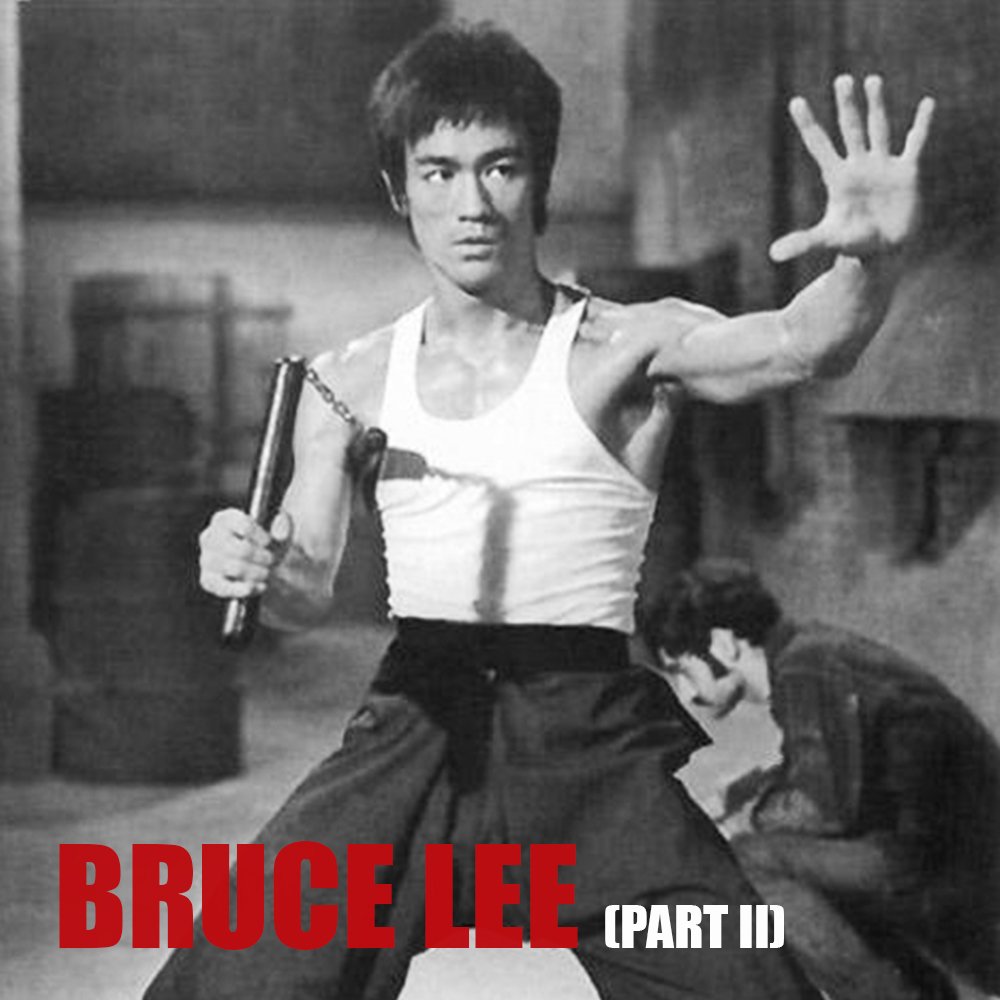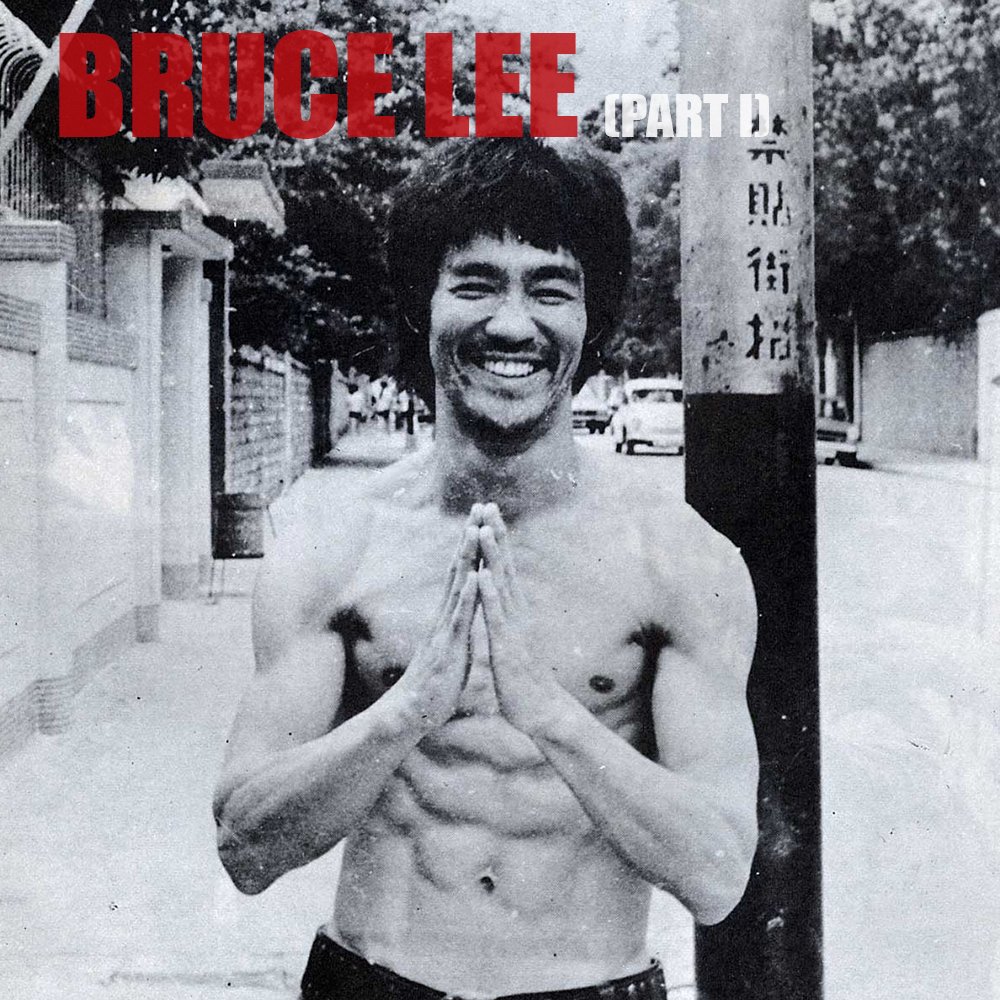“I teach Kodokan judo as a way of life.” — Jigoro Kano
“Even though he was drunker than usual, Saigo came to the driver’s aid. The burly sailors laughed out loud: “Scram, midget!” Much to their great surprise and considerable pain, in a flash, the pocket Hercules subsequently hurled each of them into the river.” — John Stevens
“I have not been able to transmit my ideals to many students, and there are unfortunately few instructors who can impart proper Kodokan values.” — Jigoro Kano
“The teaching of one virtuous person can influence many.” — Jigoro Kano
In the second half of the 1800s, after the United States made Japan an offer it couldn’t refuse, Japan experienced a period of crisis and extremely fast modernization. Swept by efforts to copy everything that made the West powerful, Japan turned its back on much of its traditional culture. Martial arts were considered anachronistic and irrelevant, and looked well on their way to disappear into the dustbin of history—much in the same way as they had done in other parts of the world. In 1882, a small, nerdy man named Jigoro Kano made his stand to reverse this process. Kano was only 22 years old, and had only little over 5 years of martial arts practice. But what 22-year old Kano started in some spare rooms in a Buddhist temple was going to affect the lives of millions of people.
This story is about martial arts, but is also about much more. This story is about the dramatic transformations in Japanese history in the 1800s (and without understanding them, it’s pretty much impossible to understand the role played by Japan in WWII.) It is a story about how one individual can radically impact millions. It’s about how cultural traditions that are seemingly anachronistic can be reinvented to provide value in a modern context. It’s a story about Taoist philosophy, Olympic Games and U.S. presidents, pro-wrestling and helping society, the tension between globalization and nationalism, the role that physical education can play in shaping a person’s character, and a bunch of other things that have only marginally to do with martial arts per se. Among other things, in this episode:
Shiro Saigo, Kano’s pocket-sized enforcer
Blood oaths
History’s first black belts
The four ‘heavenly lords’ of the Kodokan
Judo gaining a reputation through challenge fights
Leglocks
Shiro Saigo and his NWA attitude
Akira Kurosawa movies
Kano clashing with nationalism and militarism
Theodore Roosevelt
Mitsuyo Maeda
The origins of pro-wrestling
The Olympic Games
So, with this in mind, let’s get rolling.
If you feel generous and enjoy History on Fire, please consider joining my Patreon at https://www.patreon.com/historyonfire to access plenty of bonus content.
If you’d like to go to Japan for a historical tour with yours truly as a guide, please check out https://geeknationtours.com/tours/signature-battlefield-series-classic-samurai-from-the-gempei-war-to-the-mongol-invasions-2023/
Big thank you to Athletic Greens for sponsoring this episode. Athletic Greens is going to give you a FREE 1 year supply of immune-supporting Vitamin D AND 5 FREE travel packs with your first purchase. All you have to do is visit https://athleticgreens.com/HOF
Also a big thank you to Trade Coffee. Trade is offering our listeners a total of $30 off your subscription plus free shipping at https://www.drinktrade.com/historyonfire
History on Fire is sponsored by BetterHelp. Visit https://www.BetterHelp.com/HOF to get 10% off your first month.





